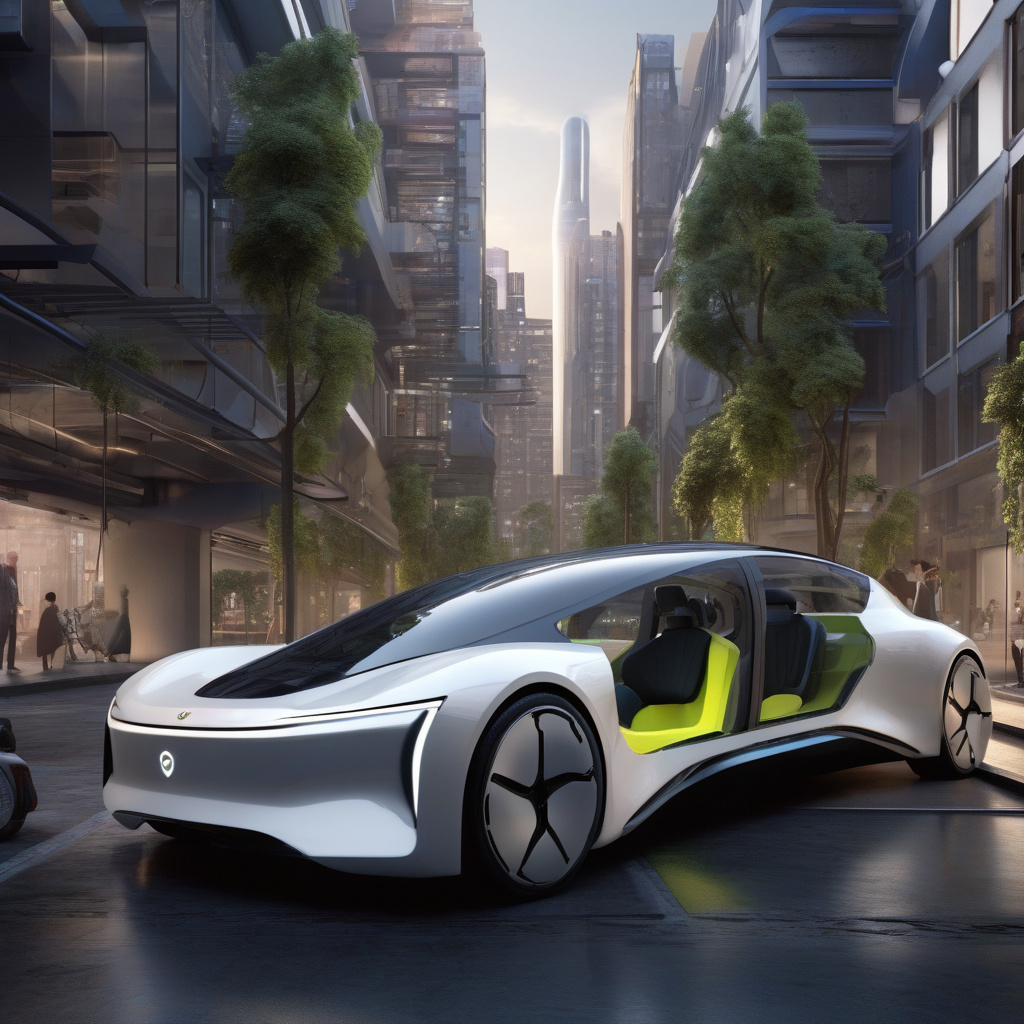“100% in just 12 minutes: Radical lithium-sulfur EV battery could crush range anxiety”
In the global shift towards electric mobility, the time required for battery charging continues to be a significant concern for consumers. Range anxiety, the fear of running out of battery power before reaching a charging station, has been a major barrier to the widespread adoption of electric vehicles (EVs). However, recent advancements in battery technology, particularly the development of a radical lithium-sulfur EV battery, could revolutionize the EV industry and alleviate range anxiety once and for all.
Traditional lithium-ion batteries, which are commonly used in EVs, have limitations in terms of energy density and charging speed. These batteries usually take several hours to fully charge, making long-distance travel inconvenient for many EV drivers. In contrast, lithium-sulfur batteries offer a much higher energy density, which means they can store more energy in a lighter package. This results in a longer driving range for EVs equipped with lithium-sulfur batteries.
One of the most groundbreaking features of the lithium-sulfur battery is its ultra-fast charging capability. Unlike conventional batteries that may take hours to charge, the lithium-sulfur battery can reportedly reach a full charge in just 12 minutes. This remarkable speed not only rivals the time it takes to refuel a gasoline-powered car but also addresses one of the key concerns of potential EV buyers – the inconvenience of long charging times.
The implications of this technological advancement are immense. With a lithium-sulfur battery, EV drivers can enjoy the convenience of a quick pit stop to recharge their vehicles, similar to the time it takes to grab a cup of coffee. This could potentially eliminate the need for lengthy charging breaks during road trips, making long-distance travel in an EV as seamless as driving a conventional car.
Moreover, the increased energy density of lithium-sulfur batteries means that EVs can achieve longer ranges on a single charge. This not only reduces range anxiety but also opens up new possibilities for electric mobility, such as powering larger vehicles like trucks and buses with clean energy.
While the development of lithium-sulfur batteries represents a significant leap forward in EV technology, there are still challenges to overcome before they become widely available. Issues such as battery longevity, cost-effectiveness, and safety need to be addressed to ensure that lithium-sulfur batteries meet the standards required for mass production and commercial use.
Despite these challenges, the potential benefits of lithium-sulfur batteries for the EV industry are undeniable. By offering faster charging times, longer ranges, and ultimately crushing range anxiety, these batteries could accelerate the transition to a greener, more sustainable transportation system. As researchers and manufacturers continue to innovate in the field of battery technology, the future of electric mobility looks brighter than ever.
In conclusion, the development of a radical lithium-sulfur EV battery with the ability to charge to 100% in just 12 minutes has the potential to revolutionize the EV industry and eliminate range anxiety for drivers. With faster charging times and longer ranges, lithium-sulfur batteries could pave the way for a future where electric vehicles are the norm rather than the exception.
electric vehicles, lithium-sulfur battery, range anxiety, EV technology, sustainable transportation












